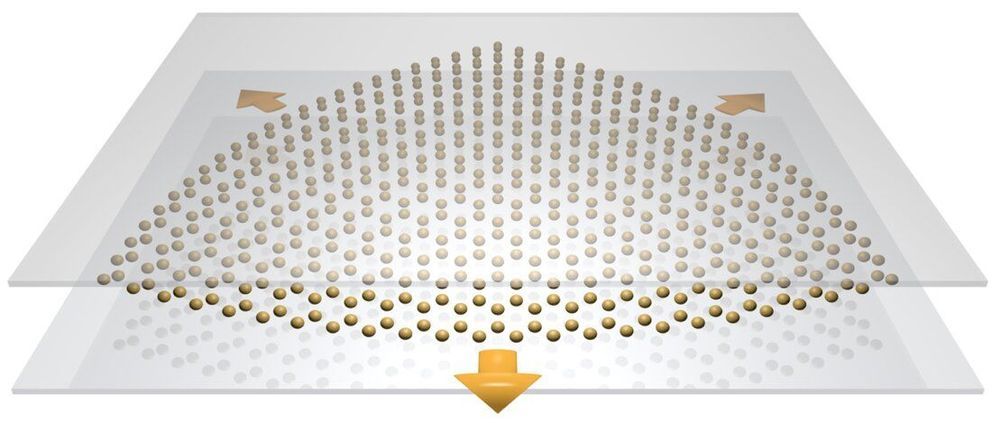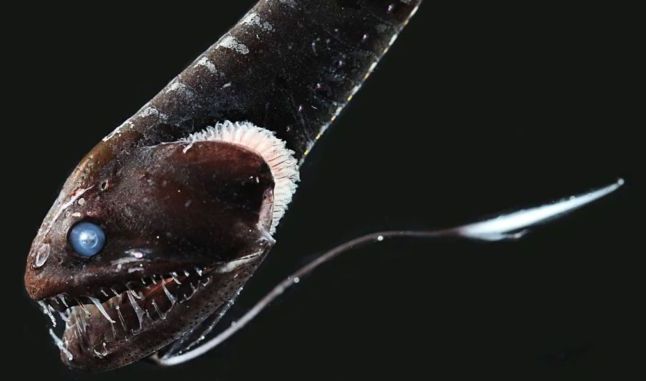Zerologon lets anyone with a network toehold obtain domain-controller password.



Scientists have discovered an elegant way of manipulating light using a ‘synthetic’ Lorentz force—which in nature is responsible for many fascinating phenomena including the Aurora Borealis.
A team of theoretical physicists from the University of Exeter has pioneered a new technique to create tuneable artificial magnetic fields, which enable photons to mimic the dynamics of charged particles in real magnetic fields.
The team believe the new research, published in leading journal Nature Photonics, could have important implications for future photonic devices as it provides a novel way of manipulating light below the diffraction limit.
O,.o.
Just when you think orcas couldn’t possible be any more awesome, they get even better. A study in 2019 showed these whales are really good at scaring off the most feared beast in the sea. Yep. Orcas have toppled the great white shark off their ‘apex predator’ throne.
A team of marine scientists found that great white sharks (Carcharodon carcharias) will make themselves extremely scarce whenever they detect the presence of orcas (Orcinus orca).
“When confronted by orcas, white sharks will immediately vacate their preferred hunting ground and will not return for up to a year, even though the orcas are only passing through,” said marine ecologist Salvador Jorgensen of Monterey Bay Aquarium.

The Islamic Republic is still looking to avenge the death of Qassem Soleimani, officials said.
Episode 3: Time Machines – Hubble has looked back billions of years in time to see some of the earliest galaxies in their infancy, and it has fundamentally changed what we know about the universe itself. Find out from Nobel Laureate John Mather and Hubble Senior Project Scientist Jennifer Wiseman how Hubble will work with the future James Webb Space Telescope to revolutionize our understanding of the universe even further.



« The Strategy also calls for greater cooperation, both with private actors and with international allies and partners, in particular for future capability development and operations. The DSS makes clear that part of the rationale behind this call for cooperation is ”burden-sharing”, but the United States is also interested in collaborating to benefit from its allies’ space programmes. Moreover, these collaborative efforts will be given significant attention in the short-term, therefore, the place that Europe wants to take in this framework should be raised now. »
#SpaceWatchGL
The Switch can run Crysis!